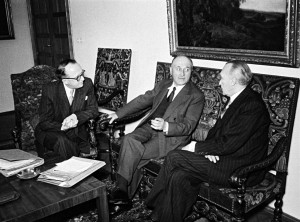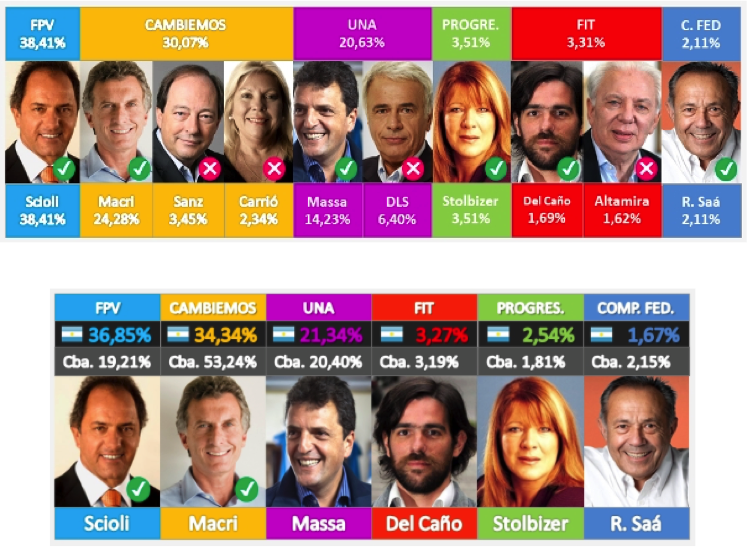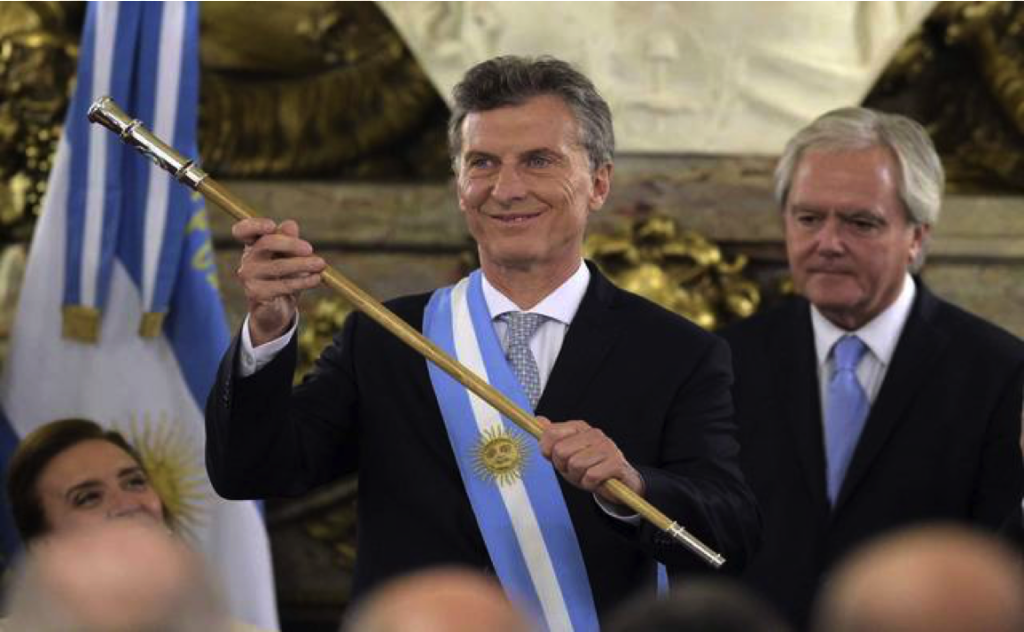This is a difficult time to be an optimist in Brussels. It is even more challenging to advocate for a positive look at European affairs. And it becomes almost impossible to talk about collective hopes for a more united Europe in the future. Many will say such optimism belongs to another epoch. Now, the dominant discourse is one that announces a new catastrophe every week. Like Chicken Little, these so-called realists shout, “The sky is falling! The sky is falling!”
As a contrarian, I want to maintain faith in the European project. And be inspired by a forward-looking approach. The best way to build a prosperous and safe future for all of us in Europe is through a united endeavor. I say it whilst realizing the European Union is at present facing two major crises. They crowd everything else off the agenda, giving strong arguments to pessimists and those who are against continuing the Union. I mean a possible Brexit and the realities of mass migrations.
Challenging the Unity of the European Union
With the UK spinning further away from common approaches and policies, arguments for integration and joint responses have indeed become more fragile. In effect, such arguments are practically inaudible because many leaders prefer to focus their attention on their own national agendas. The silence of most of them on the affairs of the European Union is deafening.
The UK´s position has brought a lot of uncertainty to the table. At this stage, nobody can predict the outcome of their referendum. It is also difficult to forecast the consequences of a Brexit for the future of the European Union.
Nevertheless, the European Union would survive a Brexit. Why? Because the UK and the other member states have already learned to go their own separate ways in many areas – the Euro, Schengen, labour laws, justice, and internal security, just to mention a few. Perhaps the biggest worry is what a Brexit would do to the British themselves, to the status of Scotland, as well as to their tiny neighbor to the west, Ireland.
Brexit or not, the European Union shouldn’t be too worried.
The larger question is about immigration. Can the European Union survive a continued and expanding mass migration crisis? Many believe it cannot. We keep hearing that without a solution to the current migratory flows, the European Union will soon collapse. There is a good degree of exaggeration in the air. The soothsayers of disaster easily capture the headlines. Obviously, the mass arrival of refugees and migrants does pose major challenges and it is essential to recognize this. It is a situation well out of control. Furthermore, this crisis shakes the key foundations of the Union, its values and the role of Europe in the international arena.
More importantly, the migration issue touches the core of a vital dimension of European states—the question of national identity. The people of Europe have shown that they are ready to give away a good number of their sovereign prerogatives, accepting that Brussels can deal with them. This has been the case in a wide range of areas related to economic management, budgets, agriculture, trade, environment, justice, development aid, external relations and other important matters.
Yet, they are not at all prepared to abdicate or dilute their national features, language and everything else that creates a people´s identity. Nor should they. Europe is a complex mosaic of languages, cultures, nationalities and even prejudices. Yes, our views of our neighbours are still shaped by prejudices in significant ways. History and many wars have both divided us and created the diverse assortment we are today. Patriotism is still, and will continue to be for a good while longer, far stronger than pan-Europeanism.
Seeing the Glass “Half Full”
All this must be taken into account. Populists are effective in doing just this, trying to gain the political advantage in the process by exploiting feelings of nationalism. It’s all a little more complicated for an optimist.
This reality notwithstanding, let´s be clear about the present crisis. Let´s imagine we had to face the current migratory instabilities and frictions that the migrations have created in a past context of separate nation states. We can readily assume that some of us would already be at war with our neighbours. We would see coalitions of countries taking military action against others, trying to defend their borders and their own perceived national interests. We would be responding to the threats facing us with weapons drawn upon one another. In the past, this challenge would lead to armed conflict and chaos. We know that the long history of Europe has been written through a succession of wars.

This all changed when the European Union was established. Now, disputes are taken to summits. Summits come and go, often without many concrete outcomes. But, sooner or later, they end up producing acceptable results of one sort or another. We have learned to take the right decisions at the eleventh hour, that´s true. But we have done so around a conference table and through diplomacy. That´s the kind of lesson we should keep in mind as we get closer to two more summits on the migration crisis: one with Turkey, on the 7th of March and one among the European Union leaders on the 17th.
Let´s keep talking and pushing for an agreement. From the cacophony of diverse European voices and the play of varied interests, action will follow. The most relevant contribution of the pessimists, Eurosceptics and nay-sayers has been to create a greater sense of urgency. Now, the optimists among us have to state that there is only one answer to the big question on the table: Do we allow this challenge to destroy the hard-won political and economic achievements of the European Union or do we build on these successes to constructively address this crisis and, in the process, strengthen our union?
I am convinced that realism that will prevail. The European sky isn’t falling.
![]() Victor Angelo is a Portuguese columnist based in Brussels and a former Special Representative of the United Nations Secretary General.
Victor Angelo is a Portuguese columnist based in Brussels and a former Special Representative of the United Nations Secretary General.







